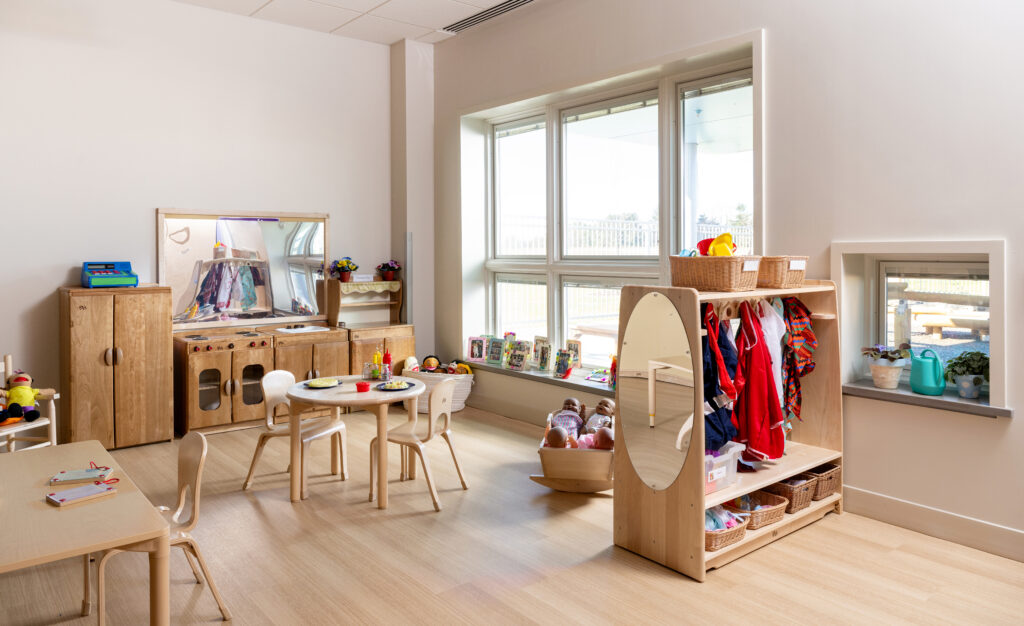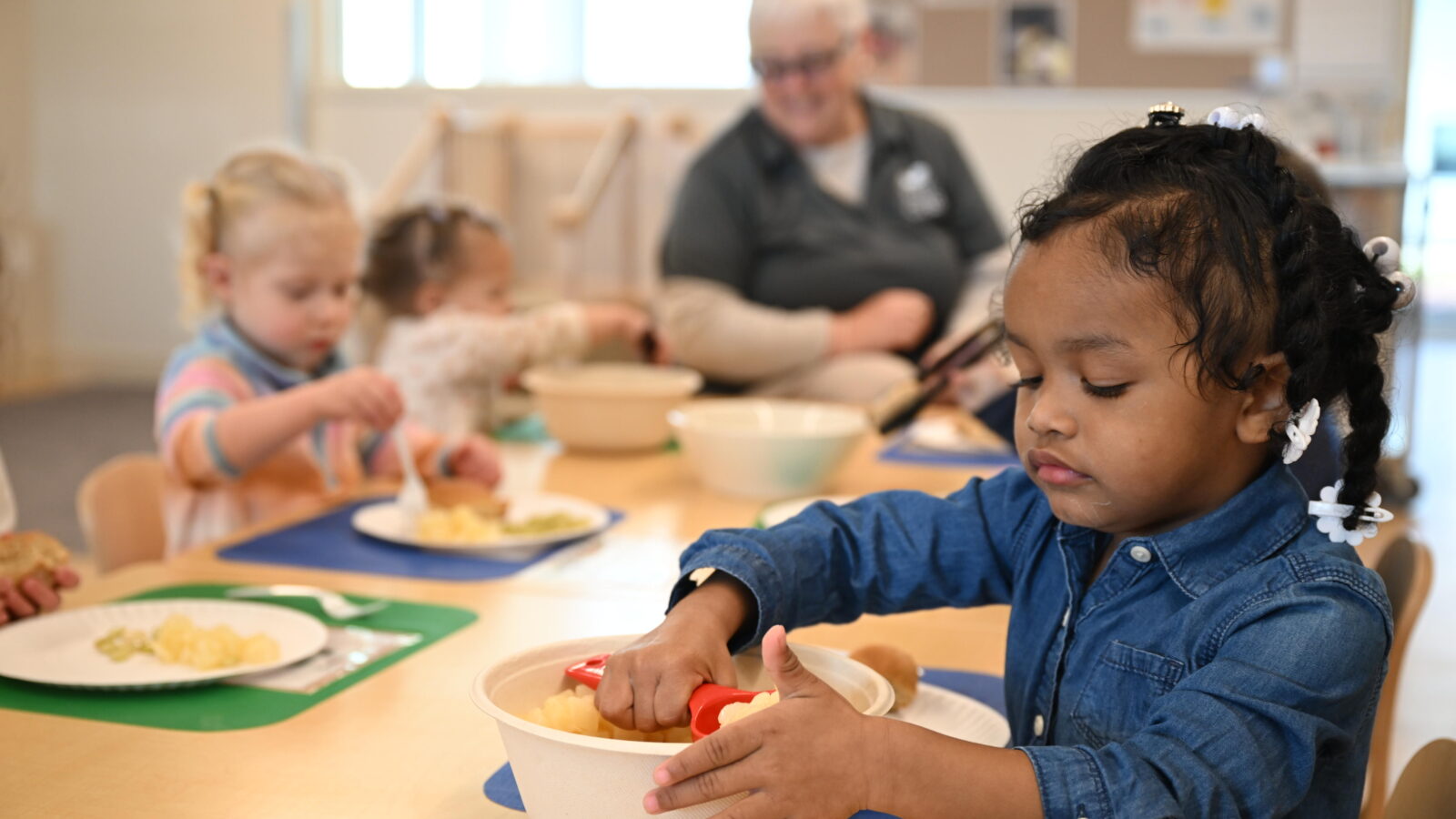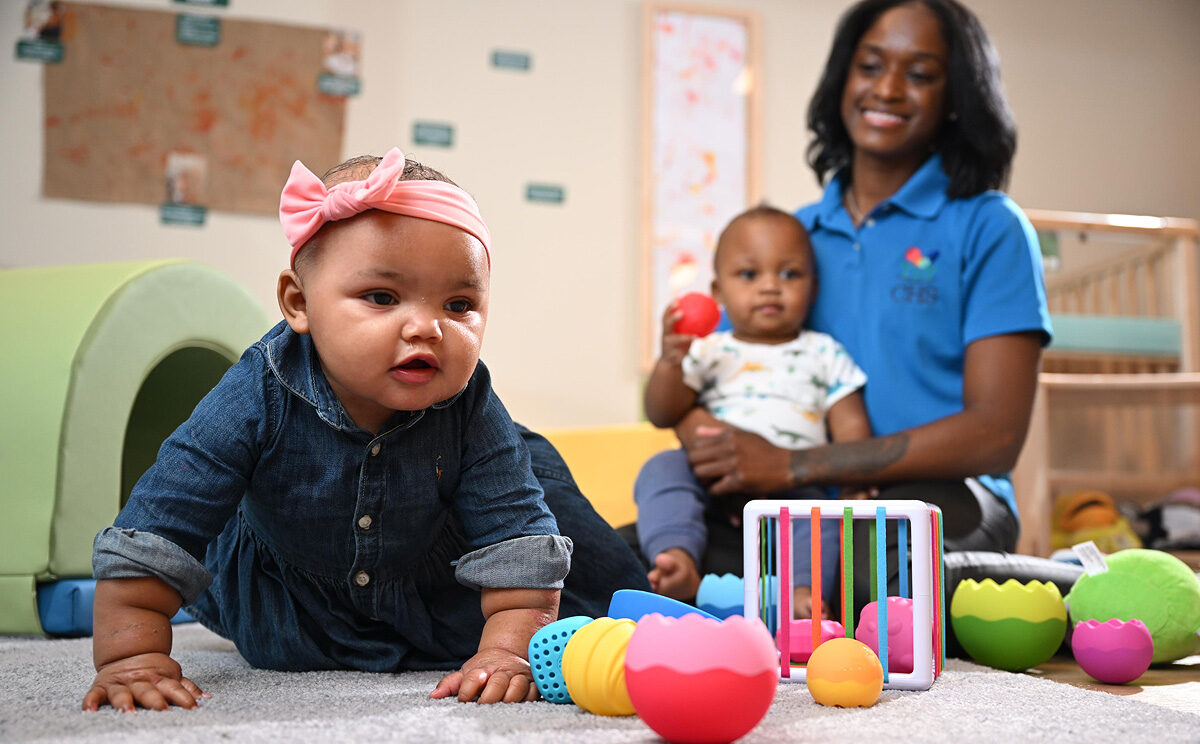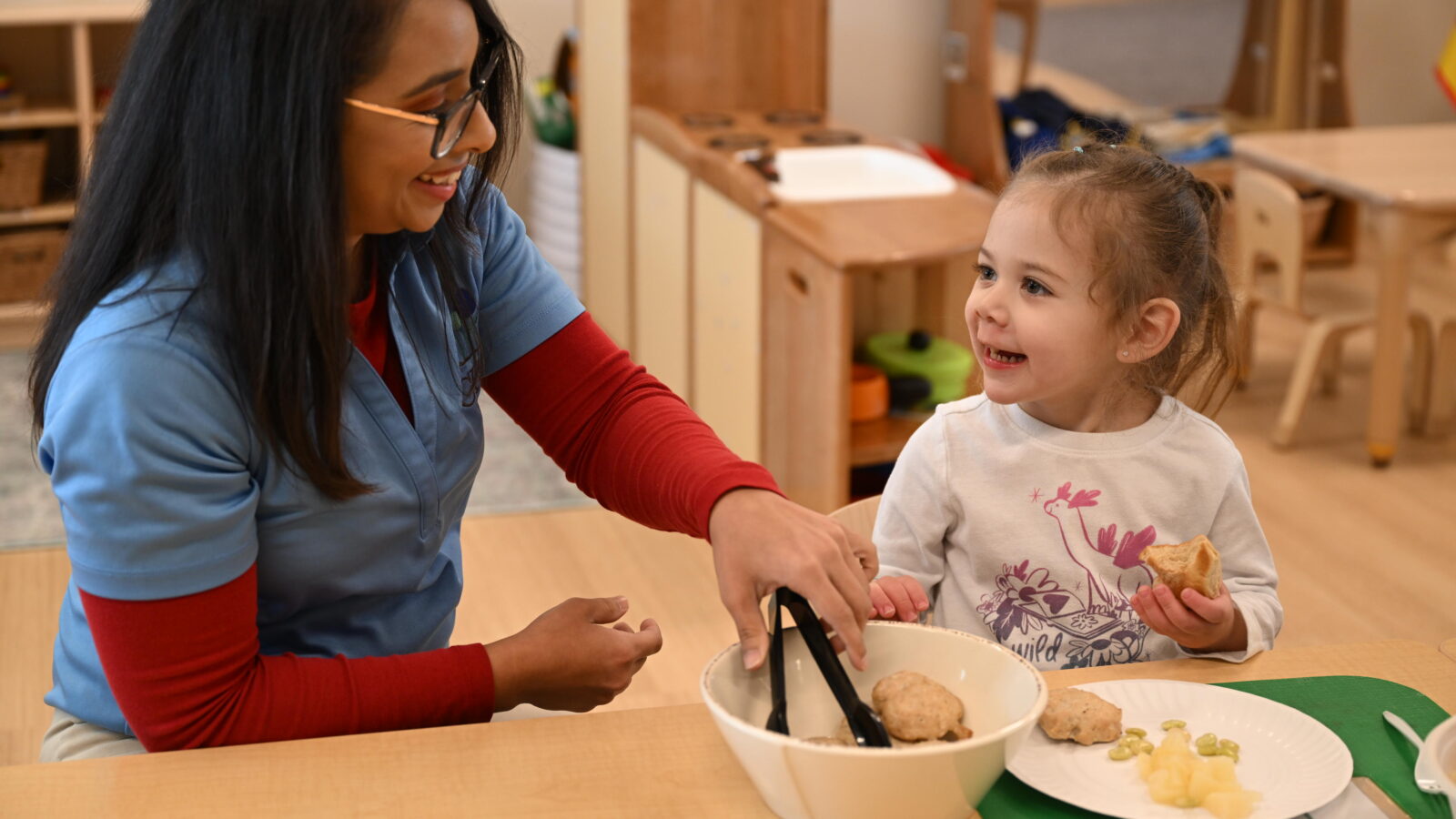Boost Your Child’s Development: The Power of Dramatic Play at Home
Dramatic play is more than just fun. It significantly supports children’s development. Parents can easily encourage this growth at home.

As parents and caregivers, we often observe our children engaging in dress-up and role-playing activities. While these may appear to be simple fun, they are fundamental to a child’s development, fostering cognitive, emotional, social, and language skills.
The Significance of Dramatic Play
Dramatic play can vary on when it begins to manifest in a child’s behavior but typically begins around age two. This type of play involves children taking on roles and acting out scenarios and offers numerous developmental benefits:
Cognitive Development: Engaging in role-play stimulates imagination and problem-solving abilities. Children explore different perspectives and scenarios, enhancing their creative and critical thinking skills.

Emotional Growth: Through dramatic play, children navigate various emotions, building empathy and emotional intelligence. Acting out different roles allows them to understand and express their feelings effectively.
Social Skills: Collaborative play encourages communication, cooperation, and negotiation. Children learn to work together, share ideas, and resolve conflicts, which are essential skills for social interaction.
Language and Communication: Role-playing introduces new vocabulary and language structures. Children practice speaking and listening, enhancing their language development and literacy skills.
Encouraging Dramatic Play at Home
Incorporating dramatic play into daily routines doesn’t require extensive resources. Here are some practical suggestions:
Create a Dress-Up Box: Assemble a collection of costumes, hats, and accessories, which could be hand-me-downs from a family member or thrift-store finds. This allows children to explore various roles and scenarios, enhancing their imaginative play.

Set Up Play Stations: Designate areas in your home for different themes like a kitchen, store, or doctor’s office. Provide relevant props to enrich the play experience.
Participate Together: Join your child in their imaginative scenarios. This not only makes the experience more enjoyable but also strengthens your bond and provides opportunities for teaching and modeling social behaviors.
Encourage Storytelling: Prompt your child to create stories or act out familiar tales. Ask open-ended questions to stimulate their imagination and language use.
Integrating Play into Daily Life
Dramatic play can seamlessly blend into everyday activities:
During Errands: Invite your child to role-play as the cashier or store manager, enhancing their understanding of social roles and improving their communication skills.
At Home: While preparing meals, your child might pretend to be a chef, practicing new vocabulary related to food and cooking.
Conclusion
Incorporating dramatic play into your child’s routine is a powerful way to support their development across multiple domains. This type of play is widely recognized by early childhood education programs as a powerful learning tool, incorporating it into their classrooms, including at CHS. It fosters creativity, enhances social interactions, and builds essential life skills. So, the next time your child invites you into their world of imagination, remember that you’re participating in a vital aspect of their growth and learning.




